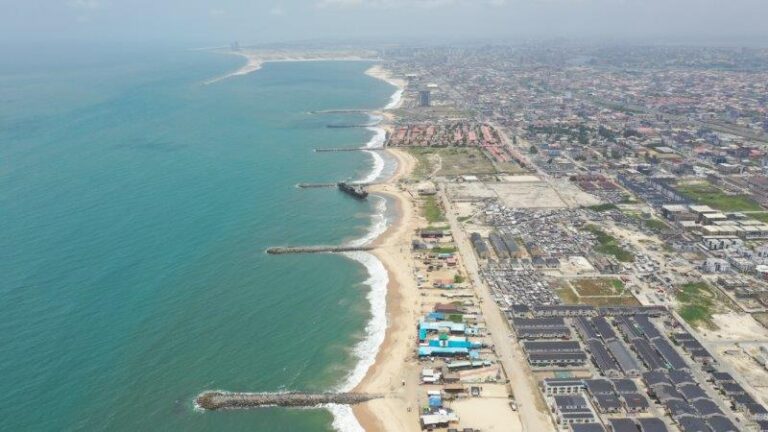At the United Nations Ocean Conference in Nice, France, Nigeria has emerged as a leading voice calling for swift global action to safeguard the oceans and unlock the full potential of the blue economy. Representing President Bola Ahmed Tinubu, the Minister of Marine and Blue Economy, Adegboyega Oyetola, emphasized that the time for bold, collective action to protect marine biodiversity is now.
Speaking to a gathering of over 120 nations under the conference theme “Accelerating Action and Mobilising All Actors to Conserve and Sustainably Use the Ocean”, Oyetola urged world leaders to ratify the Biodiversity Beyond National Jurisdiction (BBNJ) Agreement without delay. Nigeria, he revealed, has already signed the agreement and commenced its ratification process, reinforcing the country’s commitment to global marine governance.
Highlighting the economic and ecological significance of the oceans, particularly for coastal nations like Nigeria, Oyetola stressed that a sustainable blue economy is not just a vision—it’s a strategic imperative. He advocated for the designation of at least 30% of the global ocean as Marine Protected Areas by 2030, warning that such goals require strong enforcement mechanisms, sustained investment, and international cooperation.
Demonstrating regional leadership, Nigeria has spearheaded the development of a proposal among West African nations to establish a highly protected marine zone in the convergence area of the Canary and Guinea currents. This step reflects Nigeria’s broader commitment to regional ocean protection efforts.
Aligned with the global push for sustainable marine development, Nigeria endorsed the Nice Ocean Action Declaration and Plan, and called on international investors and development partners to back blue economy initiatives in developing countries with both funding and technical expertise. Oyetola stressed that contributions in blue finance and marine science are critical to empowering better policymaking and advancing ocean-based industries.
Domestically, Nigeria is ramping up its ocean governance efforts through several key initiatives:
-
A National Blue Economy Policy promoting sustainable industry growth
-
A roadmap for implementing the BBNJ treaty
-
An updated National Biodiversity Strategy and Action Plan
-
A Marine Plastic Pollution Policy targeting land-based sources of ocean debris
-
Advanced hydrographic surveys to boost maritime safety across national waters
Nigeria is also taking a firm stand against transboundary threats like illegal fishing and ocean dumping, calling for stronger data systems and regional capacity to enhance ocean services.
Oyetola closed his address by reaffirming Nigeria’s unwavering dedication to achieving Sustainable Development Goal 14—life below water. He emphasized that true progress will require scientific integrity, political will, and international solidarity.
His remarks found resonance across the conference, with UN Secretary-General António Guterres warning that the world’s oceans are under severe stress from climate change, pollution, and overexploitation.
Nigeria’s high-level delegation included key leaders from marine, maritime, and fisheries institutions, all united in a shared mission: to ensure oceans remain a source of life, stability, and prosperity for future generations.

